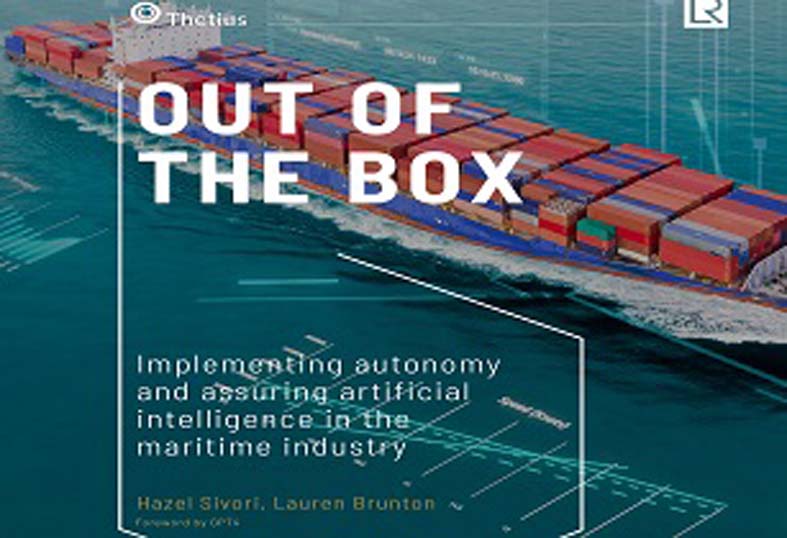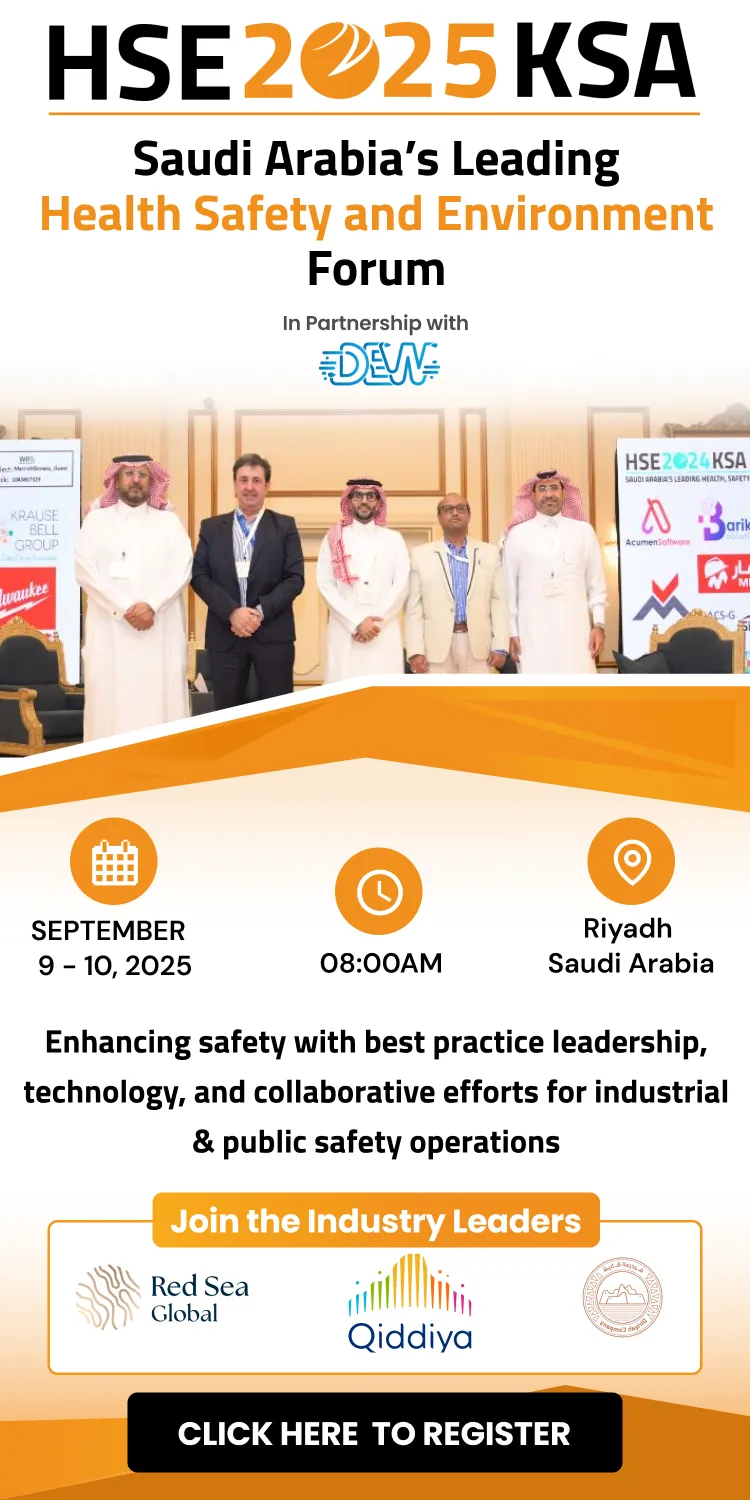A new joint study by Lloyds Register (LR) and Thetius, a maritime innovation consultancy, suggests that the maritime industry needs to invest in improving the understanding of artificial intelligence (AI) at all levels within maritime organisations
The study, titled 'Out of the Box,' emphasises the need for including AI and Autonomy at board level, alongside workforce education and training to raise awareness of safety and regulations of advanced technology.
With both markets currently worth a joint US$3.7bn in 2023, the report projects a 57% increase from 2022, and the AI-driven systems and vessel autonomy market will be worth a combined US$5bn by 2028, with significant growth and crossover of both sectors expected.
Digital solutions present challenges due to rapidly evolving technologies, such as AI-driven autonomous systems onboard modern vessels. The report calls for clarity around normal and emergency use cases, pointing to the need for traditional assurance measures to become increasingly integrated. It adds that the performance of these systems must be thoroughly examined to ensure safety remains a priority regardless of rapid innovations.
In addition to pointing to the importance of investment in improving the understanding of AI at all levels within maritime organisations, this second study from LR and Thetius recommends that technology should be appropriate to user risks and calls for the creation of an independent cross-industry body to support the safe development of artificial intelligence for maritime organisations.
Dipali Kuchekar, product manager, Autonomous Systems and Novel Technologies, Lloyd’s Register, said, "As we move towards a future where digital solutions become increasingly integrated into the shipping industry, organisations like Lloyd’s Register will continue to adapt and evolve their assurance processes to support uptake of AI and autonomous systems to ensure that safety remains paramount. We are there to support ship owners and operators as they look at the investment case for Autonomy and AI."
The report follows last year’s study, ‘The Learning Curve – The state of artificial intelligence in maritime’, which outlined the importance of organisations prioritising safe testing environments for AI and autonomous technology. The study concluded that using solutions such as digital twin simulations and designated ships as beta testers can help to prevent incidents in real world settings.






